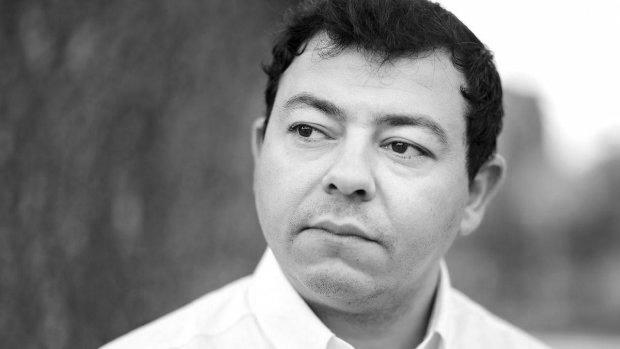
In 2006, there was mass chaos, demonstrations, riots, threats and violence after a Danish newspaper, Jyllands-Posten, published a series of cartoons depicting the Islamic prophet Muhammad. One of the leaders of the outcry is now apologizing for his role.
In order to prevent idolatry, Islamic law generally opposes any depiction of the prophet, even favorable ones. Jyllands-Posten argued that religious sensitivities should not hamstring freedom of speech and, starting in September of 2005, invited Danish cartoonists to draw the prophet. Possibly the most circulated image (below) was created by illustrator Kurt Westergaard.

The global outcry that followed was inspired in part by a Lebanese-born man named Ahmed Akkari who was 28 years old, and at the time, a spokesman for the European Committee for Honoring the Prophet, an umbrella group of 27 Danish Muslim organizations. He went on a tour of major Islamic countries to draw attention to the issue, claiming the Danish government was ignoring their concerns.
In his wake, several Embassies were attacked, three different national ministers lost their jobs, a teenage boy in Somalia died after protesters attacked police and a riot in Benghazi led to the deaths of at least 10 people. According to the New York Times, there were at least 200 deaths around the world directly tied to the backlash. Other people had their lives turned upside down as a result of their response to the controversy. Molly Norris had to reportedly change her name and go into hiding after she was put on a Muslim radical’s hit list.
Now 35, Akkari publicly acknowledges that he regrets his role in the backlash. This week he told the Associated Press, “At that time, I was so fascinated with this logical force in the Islamic mindset that I could not see the greater picture. I was convinced it was a fight for my faith, Islam.” Akkari continues to remain devoted to his faith but was disillusioned by the fundamentalist wing of the religion after a trip in 2007 to Lebanon where he met Islamist leaders. “I was shocked. I realized what an oppressive mentality they have,” Akkari said.
He recently met with Westergaard in person and later said, “I met a man who has converted from being an Islamist to become a humanist who understands the values of our society,” Westergaard said of Akkari. “To me, he is really sincere, convincing and strong in his views.”
Akkari’s revised attitudes are not reflected in the group he once led.
